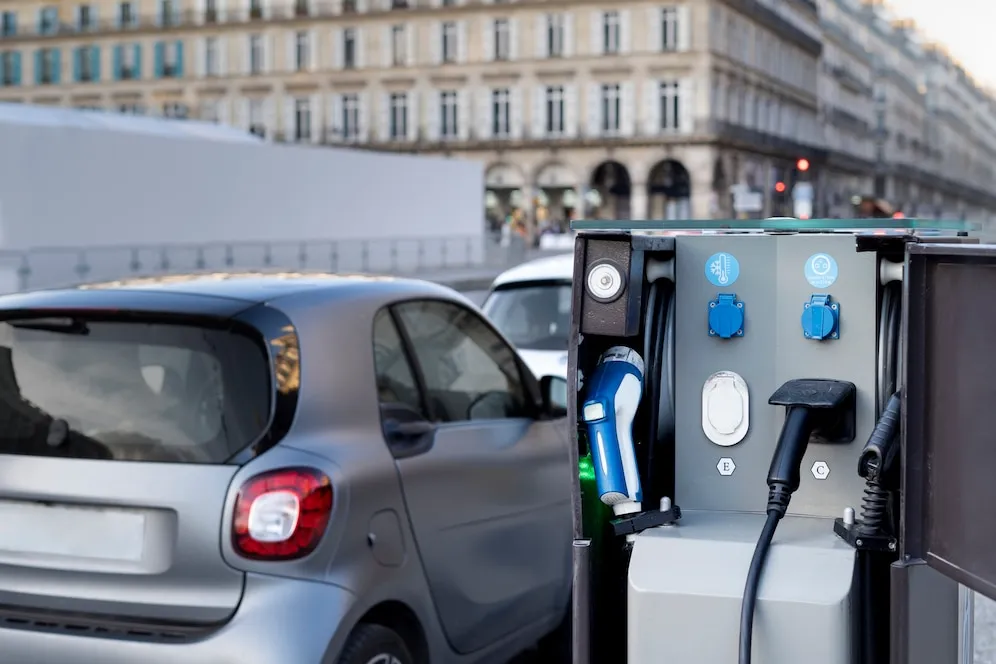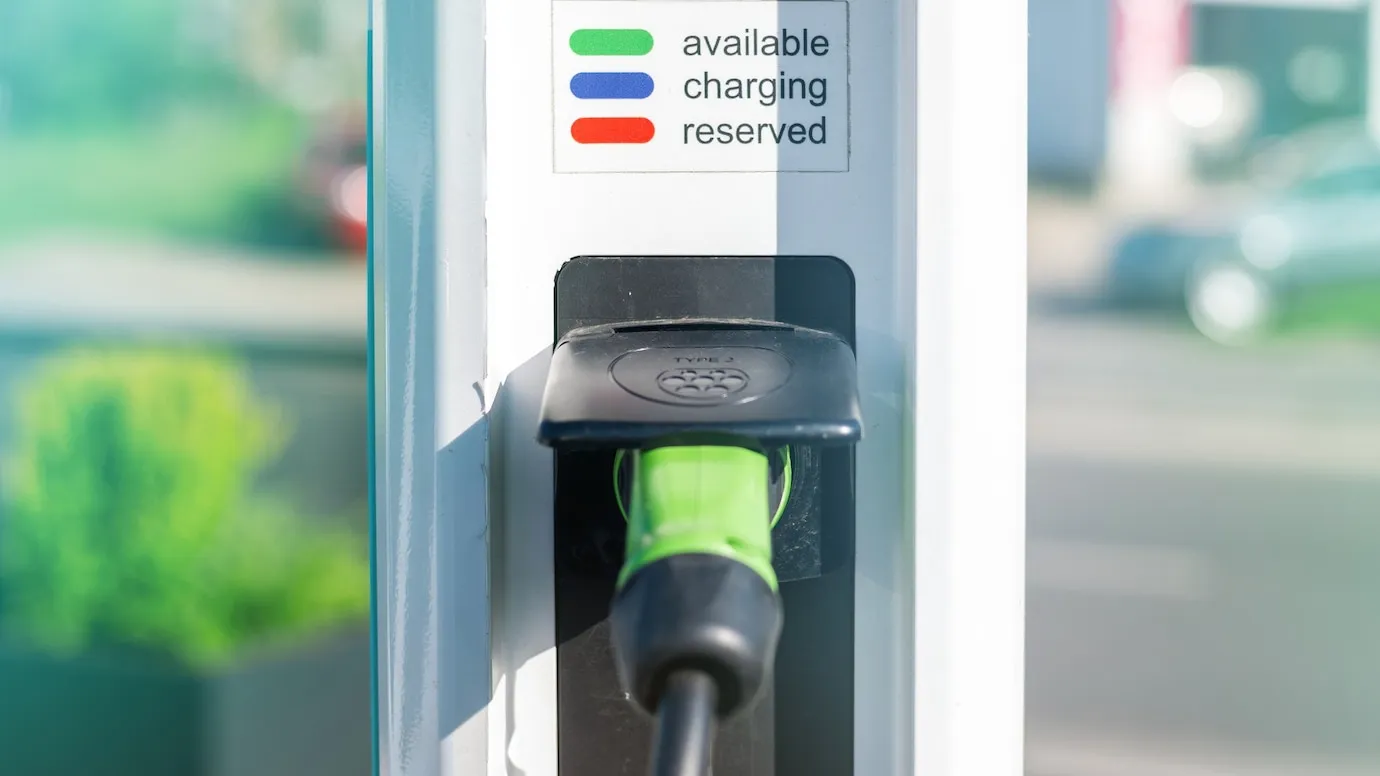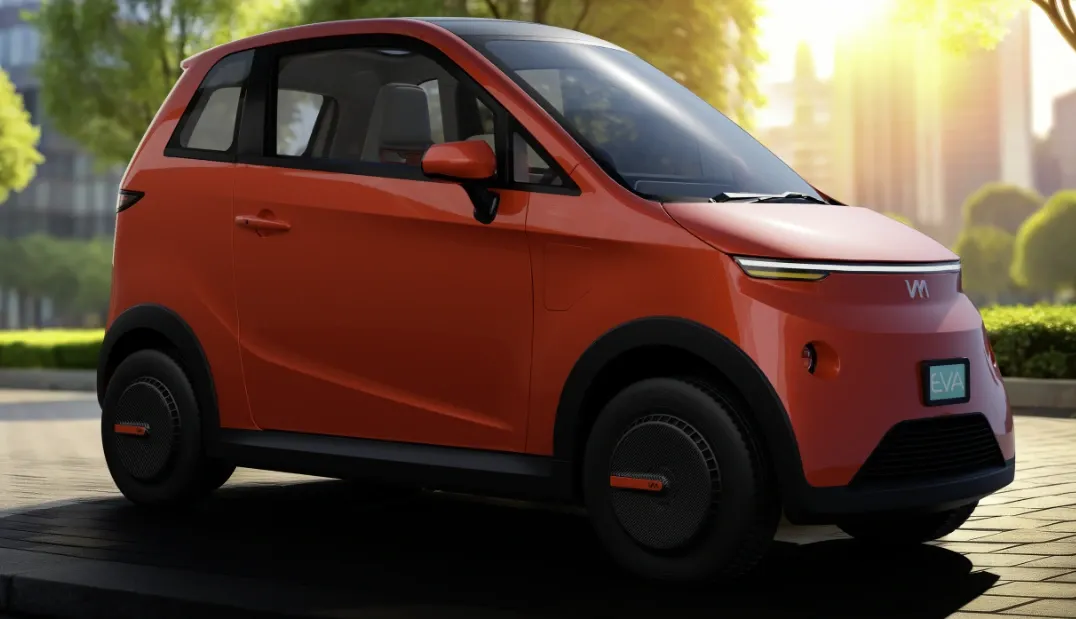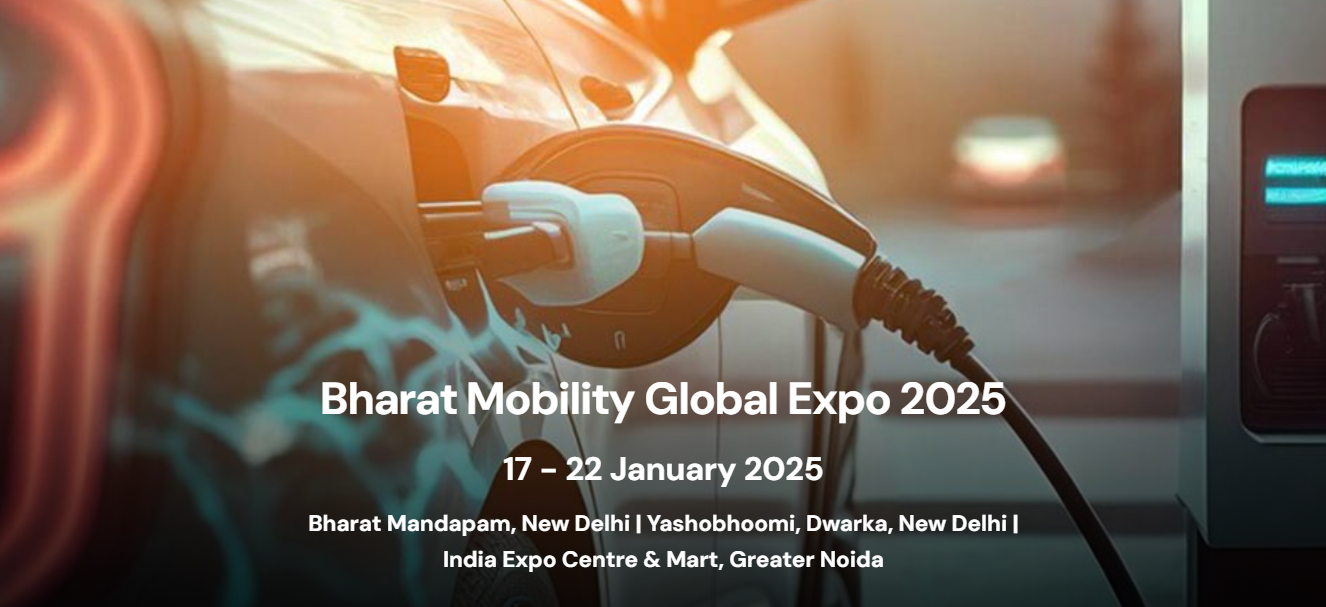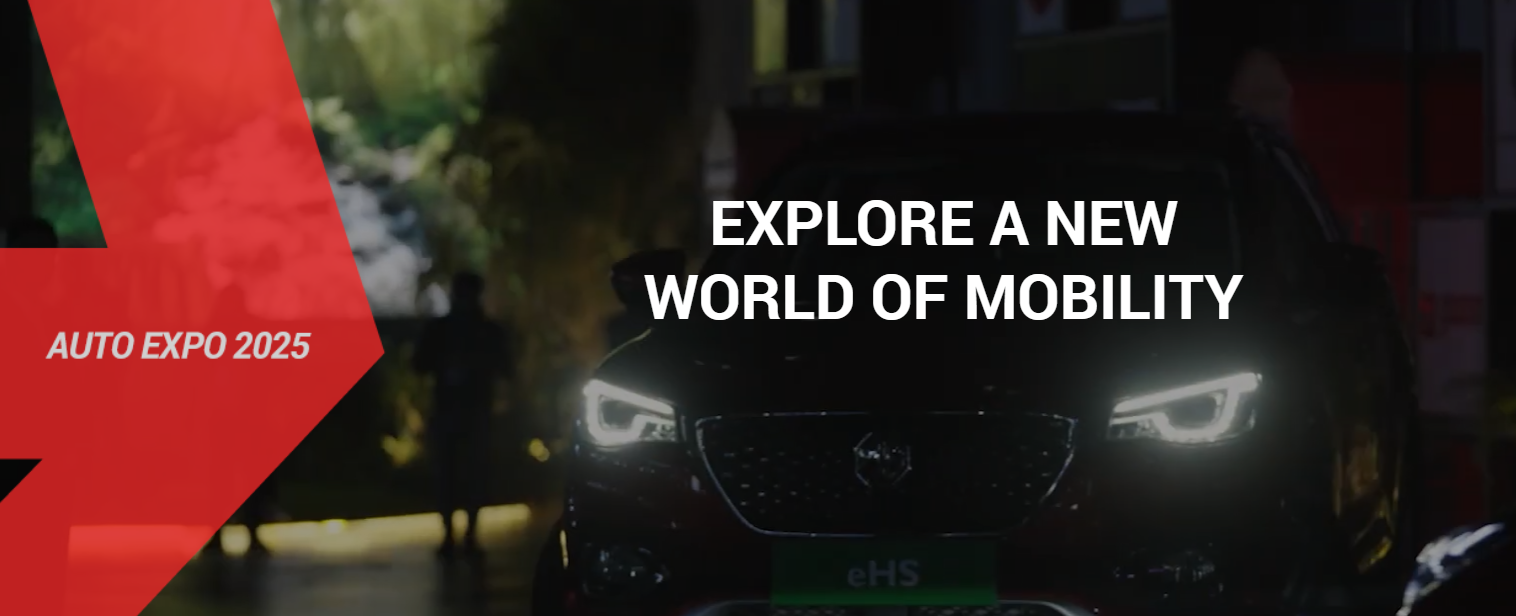Renowned Indian conglomerate, JSW Group is gearing up to enter the electric vehicle market, reported The Financial Times.
JSW Group is known for its diverse operations in steel, energy, cement and infrastructure. JSW’s move to explore the EV space corresponds to India’s rapidly growing EV market.
Why JSW’s Move Matters
India’s electric vehicle industry has a steep growth trajectory. Along with various government policies towards faster adoption of green energy, demand for EVs is also surging.
Currently, industrial giants like Tata Motors, Mahindra and Ola Electric are dominating the domestic electric vehicle market. At this juncture, JSW’s entry could escalate competition and drive innovation.
India’s EV market is expected to grow at a compound annual growth rate (CAGR) of 49% by 2030. This presents a lucrative opportunity for companies like JSW to use their vast resources and infrastructure to appear as a potential game-changer.
JSW’s EV Vision
JSW plans to build an EV production facility in Maharashtra’s Aurangabad under its own brand. As per the AURIC report, the company plans to invest Rs 27,200 crore in Aurangabad plant to manufacture both commercial and passenger EV. This may lead to generating over five thousand jobs in the region creating vast employment opportunity.
The company’s Chairman, Sajjan Jindal, has previously emphasized JSW’s commitment to sustainability. Entering the EV market is a natural extension of this vision. By producing EVs, JSW aims to contribute to India’s carbon-neutral goals.
According to Mr. Jindal, the company aims to manufacture and sell electric vehicles under its own brand. JSW’s move is a step away from its earlier joint venture with Chinese automaker SAIC to produce and sell MG-EV in India.
JSW’s Competitive Advantage
JSW has significant advantages that could help them succeed in the EV sector.
Firstly, JSW Steel is a leading player in steel manufacturing sector and steel is a critical material production of electric vehicles.
Secondly, JSW Energy’s renewable energy capabilities align well with the EV charging infrastructure.
Thirdly, the steel giant has the financial muscle to invest heavily in R&D and production of EV.
And lastly, JSW’s existing vast network of supply chains has immense potential to streamline the production and distribution of EVs.
Potential Challenges for JSW
While JSW’s entry into the growing electric vehicle market is exciting, challenges await ahead. Established brands like Tata Motors, Mahindra & Mahindra and Ola Electric are already dominating the Indian EV market. Other players in this race are two-wheeler market leader Hero Electric and electric bus manufacturer Ashok Layland.
Impact on the Indian EV Market
JSW’s entry has a high chance of transforming the EV landscape in India.
Their focus on affordability may attract potential middle-class buyers. Presently, EV price in India starts at around seven lakhs depending on brands, models and offerings.
Government Policies Supporting EV Growth
The Indian government has taken several initiatives to promote large-scale adoption of electric vehicles.
Reduction in GST, FAME scheme, EMPS, PM e-Drive, Production Linked Incentive (PLI) Scheme and New Electric Vehicle Policy 2024 are examples of best efforts to push EV production and boost the demand.
Accordingly, the government also aims to establish a robust charging infrastructure across India. This is crucial for mass EV adoption.
The government released revised guidelines in September 2024 for the installation and operation of electric vehicle charging stations through a new revenue-sharing model between government and private players. JSW’s renewable energy capabilities could play a vital role in this area.
JSW’s Potential EV Offerings
In India, battery-powered two-wheelers have become most popular among the new buyers. Mass-level adoption of full-size electric vehicles is still lagging. At this juncture, JSW might initially focus on electric two-wheelers or compact cars.
These segments have significant demand in India. Affordable EVs could attract price-sensitive Indian buyers. Commercial vehicles like electric buses or trucks may follow later. This would cater to the growing need for green logistics solutions.
Collaborations with tech companies or battery manufacturers could enhance JSW’s offerings. Partnerships might also speed up product development and market entry.
Let Me Conclude
JSW’s entry into the electric vehicle market is a bold and strategic move. It highlights their commitment to sustainability and innovation. With their vast resources and expertise, JSW could reshape the Indian EV industry.
However, challenges like competition and technology development remain. The Indian electric vehicle market is in transition. Companies like JSW can drive this transformation.
By offering affordable and efficient EVs, JSW could lead India towards a greener future. Their journey will be closely watched by industry experts and consumers alike.
